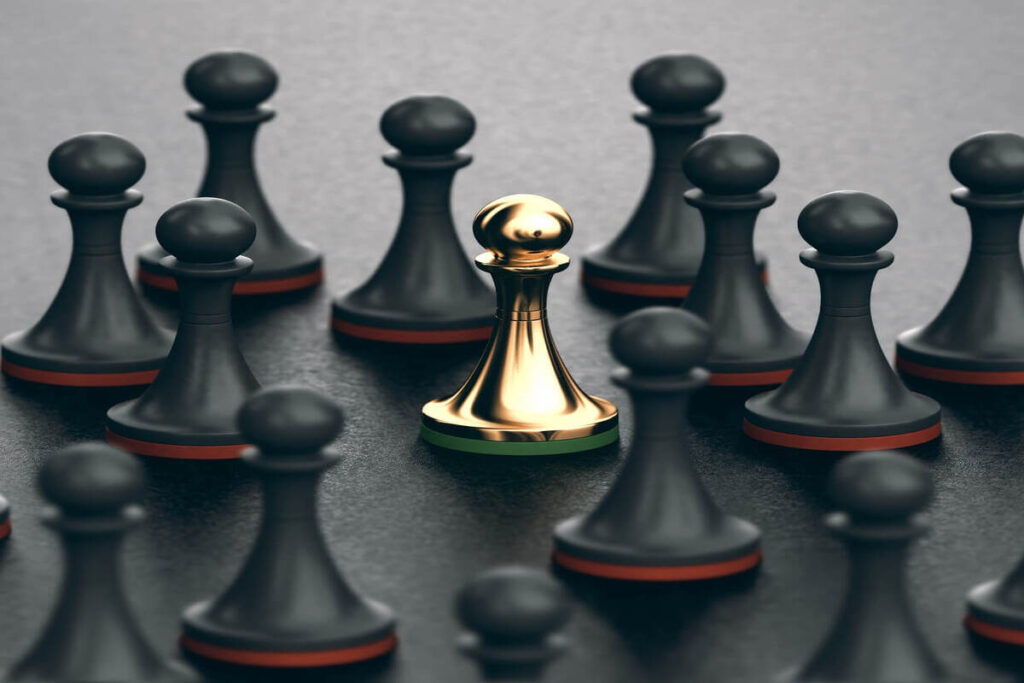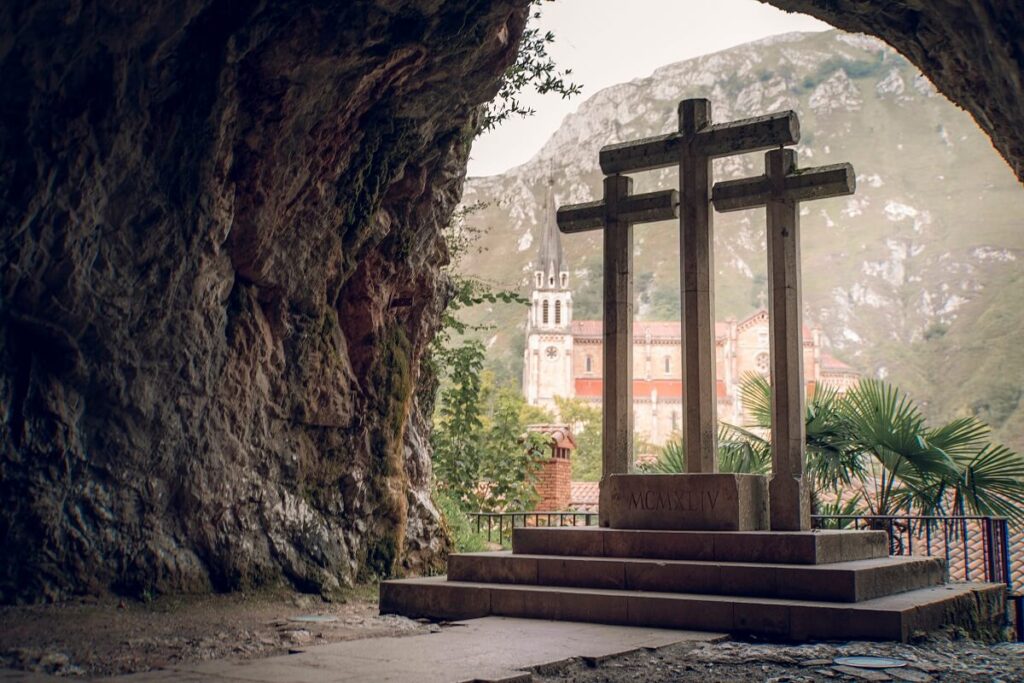The Search for God Page 2.1.5.2
Life, it’s often said, is a tapestry, a painting, a great work of art. Life brings together a myriad of colors and objects as people and situations enter and leave our lives; a piece of art unique to each individual. While colors and threads may be common to each work of art.

To the outside observer and to the person living their life, the frame is belief. The frame limits, it confines, what we see. Some people strain to break free from societal frameworks and religious bindings, only to be constrained again by what they believe to be true.
This is the importance of belief. When an individual rejects one belief, another is created. Is that belief truly created or simply discovered? It’s often said that there’s nothing new under the sun. I can envision and believe that life exists in the wind as some ancients did.
I can personify molten lava in my mind so that the material “cares.” I can theorize that little green men visit us in spaceships or that mars has intelligent life, and that angels with wings live, though we cannot see them.
Personal Take
Whether I accept or reject these beliefs, I have framed and defined my beliefs. However, the importance of belief is truly determined by what is true. I may hold to these theories so my framework and my life become defined by them, but are those ideas true?
Should the truth of beliefs be what we are trying to determine? How do we come to agree on the truth of belief? While some look and see, not a Monet, something serene and beautiful, but a death trap, a man drowning. Our belief and perception determines whether we think something is of worth.
Which would you treasure more: a Monet or your daughter’s kindergarten self-portrait? Now ask a complete stranger which one of the same items has value to them. Perception, purpose, worth, and truth-so many factors impact our beliefs.
The importance of belief is everything for the individual, we are limited and freed by it. Our beliefs guide our actions. For most of us, the idea of the individual, our freedom, and happiness are basic human rights. For others, it’s justice. For others, peace and harmony. Do this exercise:
Some call it differing world views but they are different beliefs. Can differing beliefs be true? Are elective abortions murder or not murder?
What Is Truth?
How do beliefs influence us? I see a Picasso and experience confusion and torment; I don’t see amazing artwork. But for me, beauty lives in a Monet, Rembrandt, or my child’s kindergarten self-portrait.
We choose our response. Many people who are not Christian, might view certain wars as being caused by religion; the power wielded by the church over people, and the hypocrisy of Christians and judgment, and think Christianity is a hateful religion.
Others ignore such information or place little weight in past wars. We choose not only our beliefs, but also what we see. Our beliefs frame our perception. I attempt to see beauty in a Picasso, but I would be lying if I said I saw it. The importance of belief is that, for the individual, it frames our life.
It gives structure and boundaries, but the belief also influences how we view and interpret world events and situations around us. Have you ever seen a poll where 100% of the people agree?
I would like to see this question asked: “Should everyone love?” I bet we would not even get above 95% of the people to agree. Or how about, “Is there beauty in this world?”
Religion
Religion is not art. Religion is not what an individual sees, but Islam is what it is, and Hinduism is what it is. The framework is established by the system itself. Some may try to highjack a religion and twist it or redefine it.
Men may come with their own framework, their own view of how the world should be, or how they think the world is and try to superimpose that picture in the frame of a religion. The picture of a particular religion has been framed and secured already.
The ultimate reality of the universe would be the universal framework and our life and belief but a brush stroke upon the canvas of eternity. We must conform to the truth of reality, our belief is irrelevant to truth. Yet, we are arrogant.
Somehow we think our belief transforms reality. Since a religion claims universal truth and that religion claims that its god governs the universe—then that belief system, if true, governs truth. Two competing claims cannot both be wrong and right on the same topic of who God is.
No matter our view or belief about Buddhism and Christianity, their view of God cannot both be 100% true. Can one be 60% right and the other 40%? Can we combine the two religions? No, because the religion’s own truth claim is that the religion is 100% correct.

Religion Is Not Art
Oh there are many critics of both, and each of us has our own view about the artist or author. However, our view of art determines whether we see beauty and people may disagree on our opinion of beauty. Our view of religion also determines whether we see truth and people may disagree.
But our belief about religion does not make it true or false. Truth of reality make a religion true or false, which in turn makes our beliefs true or false. Man is so prideful; we somehow think our belief determines truth. We are explorers uncovering truth.
The universe for man is a jigsaw puzzle not a completed painting. The individual is standing in a gallery, there are many frames upon the wall, and you may choose any one to take home and live with you, you may choose 2 or 3 frames, and you may change the frame at any time.
Inside each frame you may see beauty or anger, love or hate. But always hanging inside your house, your frame, your person, your mind is a not yet completed picture. The picture is of your life, a brush stroke is added for each passing moment.
You gaze upon the world, and with each passing thought and every word spoken, a portrait of your life is formed. Other people, critics, look at your work of art, your life, and comment. Do you care?
The Being
Now there stands one who sees all, the first Artist, the first craftsman who set the limits and we comprehend Him not. For how can we see His entire painting and frame He has created?
For how could this universe come into being by such a creator and we comprehend? We choose to believe or not to believe in such a being. The importance of belief is choice.
The importance of choosing is the frame. Inside the frame, we choose our moment-by-moment action. Our actions, our choices, are determined by our belief:
Our beliefs about God, self, money, mankind, love, peace, harmony, or beauty guide our actions. Sometimes not even on a conscious level, sometimes in a reactionary way, for which we might later apologize. The importance of belief is that each belief combines to guide our actions and interaction in this world.
So far, we have talked about the Artist, the frame, and the viewer of the art—the critic. Behind each masterpiece is the artist. We are searching for the true Artist of this universe and the creator of man’s soul. We have questions about the jigsaw puzzle of our own frame of life, the puzzle of uncompleted time, of wars, about the purpose of the work of the universe itself.
There is one true work of creation and time. There is one true frame that surrounds eternity. But there are hundreds, thousands, claiming to be the true artists and billions of critics. The gallery is crowded, so many voices speaking. I want to hear one. Will the true artist please speak?
What Next?
- What is the crucial concept?
- Every human develops beliefs based on knowledge, emotion, and events from our lives. Common beliefs unite people or disagreements divide people.
- Why is that significant?
- If God exists, his view of reality would be the ultimate uniter or divider of free moral humans.
References And Links
- The Public Discourse – Are elective abortions murder or not murder?
- Steps Into Strides – How do beliefs influence us?
- Conversational-Leadership – Belief system
- 123 help me – The Importance Of Beliefs

Leave a Reply